Skat is a well-known German card game developed in the 19th century and is a very popular game throughout the country. Such games show that German companies were among the first to design and publish video games. Actually, their game industry began with the creation of "Weltmeister" in 1982.
It was only in the 2000s when the market began to gain momentum. One of the primary reasons for this is that the internet has become accessible to German households. This has led to a new range of video games that can be played online.
The business has been growing on an upward trend, and it's not likely to be slowing any time soon. The year 2021 was the most successful for this industry. It was estimated that the German gaming market was able to generate 9.8 milliards of euros worth of sales. The market was up 17% over the course of 2020 and is expected to grow in the coming years.
Germany was home to 34.3 gamers on computers in 2020. In 2021, half of Germans were playing video and computer games and 16% of video gamers were between 10 and 19 years old. The study estimates that 403 gaming companies within Germany create and publish games, bringing to the world-famous German-made games such as Anno 1800 and This War of Mine.
It's true that Germany can be one of your top options if you want to join the European game market. As with any international market, success can't be assured without proper game localization.
If you plan to market the games you have developed in Germany it is necessary to localize. It is important to understand that the German market is quite different from other markets and the chance of success is very slim without localization.
German players differ not just in the kind of games they play, but also in how they consume these games. The research found that German gamers spend more time playing than gamers from other nations. They are playing for about 8 hours per week. This shows that one should localize their video games for Germany ASAP.
In addition, an investigation in 2021 found that 76 percent of German gamers have invested money in games over the past twelve months. The German Games Industry Association also stated that German gaming spending by consumers exceeded 11 billion U.S. dollars in 2021.
This is where the localization aspect plays a role. If you're looking to maximize the chances of success in the German market the games you create must be localized.
German gamers, just like all players from around the world, are extremely sensitive and will be quick to go on to the next round if they do not find your game enjoyable.
When you decide to localize an entire game, you must include the tiniest details. The game doesn't begin and end when you translate a game's name to German.
You need to be familiar with the game's story and game as well as the characters and everything else in between. Also, you must consider the culture of gaming in Germany.
What games are German gamers playing these days? What genres are in demand? What are the characteristics German gamers seek when playing a game? These are only a few of the questions that you will need to address prior to starting the process of localization.
Furthermore, it is important to think about the censorship of German video games. Germany has been identified as among the most strict in censoring violence. Important information like this is vital for the achievement of your German project for localization.
Localization of games in Germany isn't easy particularly if you don't know the German language. Localization generally already requires a lot of work. If you include German in your mix, it could become more complicated.
It is essential to partner with a game localization firm that is familiar with the German in addition to German players and the German gaming market. With their assistance, you will stand the best chance of thriving in the German market. By ensuring that your game is localized it is possible to ensure that your games are designed specifically for Germany.
Being a game developer in Germany is a great opportunity. The country hosts some of the largest gaming conventions around the globe like the Gamescom convention that takes place in Cologne each year. It is undisputed that the country is home to an active game development industry!
The leading gaming firms that are located in Germany comprise Bigpoint, Goodgame Studios, InnoGames, and Gameforge. If you're still not convinced, here are a few additional reasons:
The thought of setting your sights on the market of Germany is quite a feat. The good news lies ahead. It's not at all impossible! It's more than simply translating your game for entry into the world of games. It is essential to ensure the game you create is appealing and relevant to the various markets.
In 2020, the German market for computer games stood as the fifth-largest worldwide. This is no surprise, given that numerous creators and developers are trying to enter this market. It is certainly possible to market games in English in the German-speaking market because Germany has a high standard of English knowledge.
It's however much more relaxing to get immersed in a gaming world that is built around the rules of your own culture, society, language, and even your daily life. Next, we'll discuss the factors that must be considered when launching a video game in the German market.
It is important to remember that Germany was unified into a single nation-state quite late. In the 19th century, Germany was made up of distinct kingdoms, duchies, and cities that were free that each had its distinct dialect.
Today, myriad variations exist of these dialects, and they are wildly different from each other. The world community is assisted by what is known as “Hochdeutsch” which is the High German dialect that is widely recognized as the official variant of the German language.
If it's difficult for Northern as well as Southern Germans to understand each other, what happens to the Germans who live outside the countries such as Austria, Switzerland, and Luxembourg? All of them have their distinct dialect of German and it's crucial to determine which region you're speaking to.
For instance, in Austrian German, the gender or plural form of a word may differ. While in Germany you can visit the market to purchase Tomaten and Kartoffel, however, in Austria you'll need to search at Paradeiser or Erdapfel.
If a character from an online game developed in a different part of Germany is meant to be German It would be beneficial to know exactly which part of the country he is from. Then the German translator could choose the correct German dialect for the person and add an extra "spice" to the translation.
To German translators, the determination about the level of formality to employ when translating text for games is based on the needs of the customer.If the client states that the character or player must be addressed formally, the translator will employ exactly that. If a more informal manner of address is required, the translator should naturally make use of that.
There are certain aspects in mind when speaking to an actor or character. In the first place, you can't switch between formal and informal. If there's a contradiction between the source and the translation, you should first inquire with the translator, to consult with the client.
When talking to the player via the support system in-game or in the instruction manual, Germans prefer to use the formal. This is only valid when speaking directly to the player, not to the character the user plays as.
Another thing to note: Russians think of using the formal as a sign of respect, however, the Germans see formality as a sign of distance.
You must pay attention to your conversation. While the Russian might prefer the more informal style, however, the German likes the seriousness in the word "Sie."
If you're expecting to come across some extremely long German words, this section is for you. This issue in German localization is well-known: German sentences often don't conform to the limits of length.
This is due to cases and articles that cannot be changed since they play a significant role in grammar. Additionally,
German words are, generally speaking, much longer in length than English as well as Russian ones, and that's to not mention Chinese. But, German has some upsides with regard to this as well, for example, compound words.
It's as simple as taking the root of two words, mixing them up, and voilà! You've created a new word. It's lengthy, but it does the job. Of course, best performed by native speakers. Sometimes, an English phrase of 3-4 words can be replaced by one compound word: Suggestion to improve the game = Verbesserungsvorschlag.
It's a "loophole" of the German language -- which creates words out of roots and can lead to a different issue. Sometimes, it's difficult to find the proper adjective word within German. There's a word however, it doesn't have an adjective form. Why is that? Because it is possible to mix two words to create a compound noun.
For instance, there's an adjective that is used for "ice".In English you could use the phrase "ice sculpture", in German it's "Eisskulpturen" -- one compound word. Another issue that results from this.
If there are games that have concepts linked with variables and names such as "Ancient Dagger of the Fire Giants" are created through the insertion of words, it's not feasible for German as "Dagger of the Fire Giants" is a single word. It is necessary to use prepositions or linkers as a substitute.
The benefit of translating into German is that German is fairly loyal to the use of English words, especially in the computer and gaming sectors. We've said that English isn't a problem for educated Germans. They aren't frightened to speak English in their communications or even on computers, where all communication is Anglicism.
Verbesserung doesn't fit the limit? Then, upgrade. It's not an issue! However, the force that is the German language may sometimes prevail over English words that force them to conform to its standards. For instance,‘onlevelnis’ is an English root that has an English root with a German prefix as well as a verb's ending.
It is important to keep in mind that the German key layout of the keyboard is different in that it contains umlauts-related keys and the dots that are above the letters u, o, and the letters a.; Another instance that can be found in the Ctrl button that is found on the majority of German keyboards is known as Strg which comes from Steuerungstaste. It is important to keep this in mind while creating tutorials or other control mechanisms.;
In the past, Germany had stringent rules regarding censorship for video games. Any games that showed excessive violence or even mention Nazism, as well as racism, were prohibited. After that, the rules were slightly relaxed and today, almost anything that is considered to be appropriate for a social setting is permitted.
Even when the blocks were taken away, there are some subjects that are not appropriate to discuss in texts or games aimed at Germans. Anything that has to do with Hitler and World War II is taboo.
It's essential to know which gender the character's biological gender is to prevent errors in grammatical gender. It's impossible to determine on the basis of first impressions and therefore it's best to ask the creators about the gender of a character since it could affect the words used. The word Kampfer (Warrior) refers to the female part of the character. The word must be prefixed within, which signifies the gender of the female character: Kampferin.
Germans prefer moderation. They don't want to be a show-off. When writing marketing messages, they are careful not to use words such as "the best game in the universe," or "better than every other game in the world." Select more simple words to win the trust of German viewers.
In this article, we discussed why game publishers or companies should localize their video games for the German market. The German video gaming market has been booming. Hence, it's a great opportunity for businesses to localize their video games in Germany. As it will provide them with huge returns and expand their customer base.
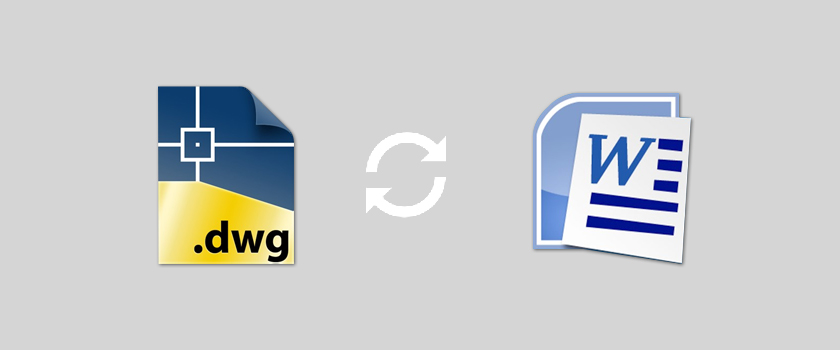
dwg: It means a drawing file save format created by AutoCAD, and now has been the standard format of 2D
Read More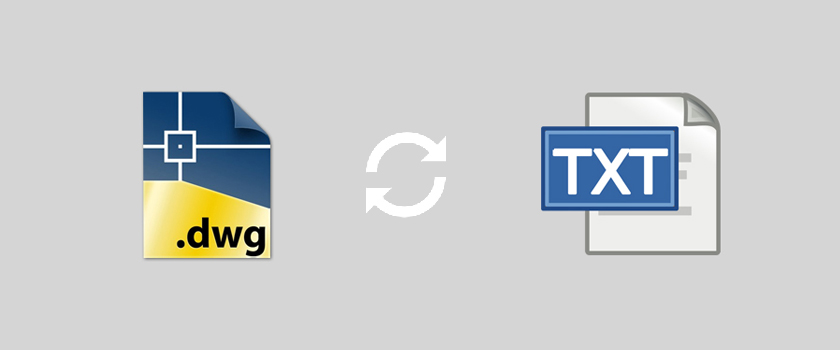
dwg: It means a drawing file save format created by AutoCAD, and now has been the standard format of 2D
Read More
Mars Translation can help you extract the texts in a DWG file and convert them into a Word file so
Read More
dwg: It means a drawing file save format created by AutoCAD, and now has been the standard format of 2D
Read More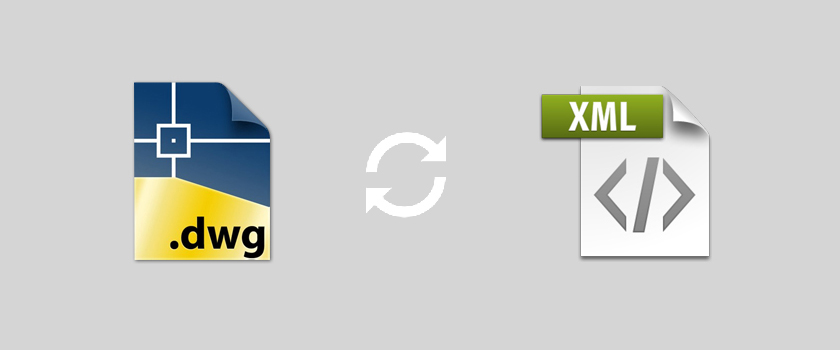
dwg: It means a drawing file save format created by AutoCAD, and now has been the standard format of 2D
Read More
MarsTranslation can help you extract the texts in a DWG file and convert them into a XML file so that
Read More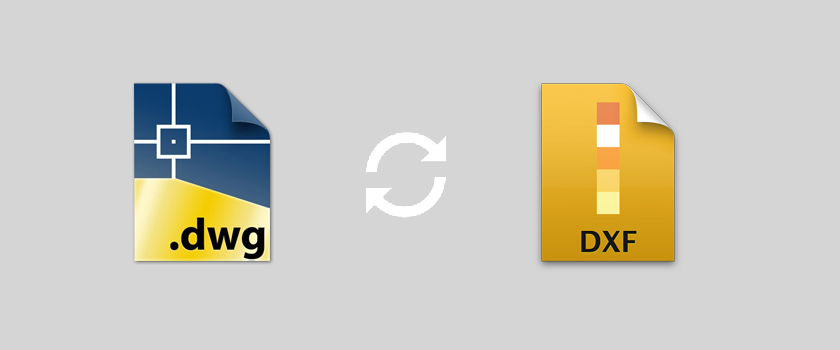
If you are a designer you are bound to find yourself in situations when you have to convert your DWG
Read More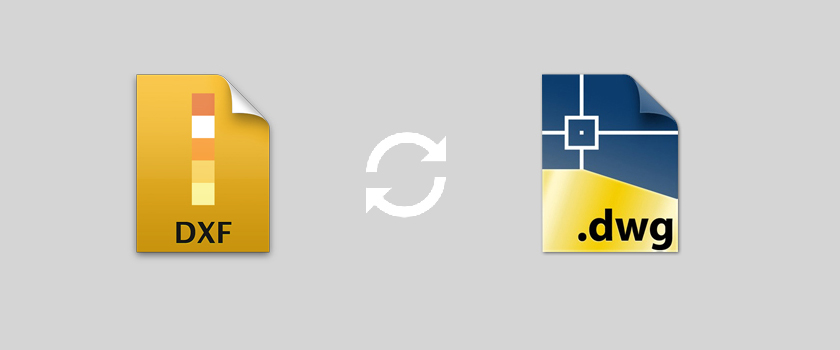
dwg: It means a drawing file save format created by AutoCAD, and now has been the standard format of 2D
Read More
MarsTranslation can help you extract the texts in a DWG file and convert them into a Word file so that
Read More


Document Translation
Professional document translation by native expertsApp Localization
Get more downloads by adapting your app for different target marketsVideo Translation
Multilingual translation and subtitling servicesWebsite Localization
Adapt your website into multiple contexts for global reachSoftware Localization
Adapt your software for global usersGame Localization
Reach new players with localized gameplayMTPE
Refine AI translations for natural fluencyBusiness Translation
Professional translation for business documents and websitesDTP & File Conversion
Professional DTP and File conversion, supporting multiple file formatsProofreading
Perfect your content with expert review© Copyright 2026 MarsTranslation